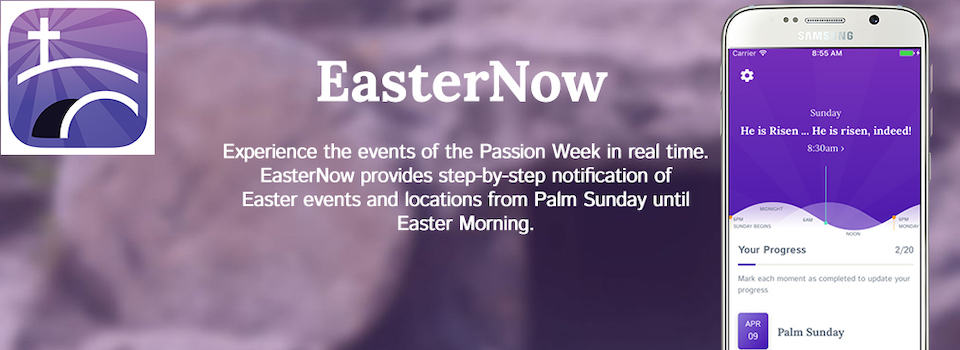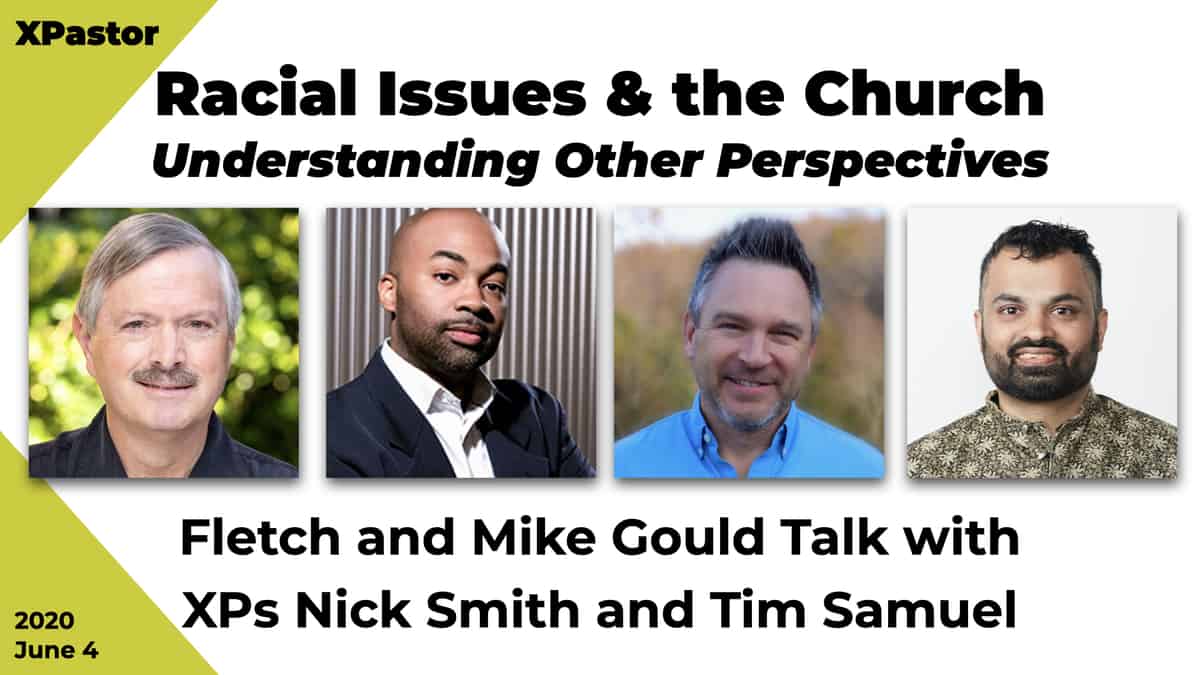When we think about leadership, we don’t always think about peace. If you’ve observed a skillful and thoughtful leader, you know that their relationships are marked by peacefulness. I’m not suggesting that these leaders don’t deal with conflict or disputes. I’m highlighting the fact that they know how to relate with others in a peaceful and effective manner. In other words, they don’t leave a wake of poor habits and relational destruction behind them.
Paul’s instructions in Romans 12 are very clear, and his words apply to all Christians in general. I contend that this is even more important if you are in a position of leadership, because we have the opportunity to model peaceful, thoughtful and generous leadership for those we serve. Paul writes in Romans 12:18:
If it is possible, as far as it depends on you, live at peace with everyone.
If you are primarily concerned with proving or promoting yourself, enjoying peaceful relationships with the people you lead will be difficult to achieve. In that scenario, you become more concerned with what people think about you, instead of how you can serve and humbly lead them toward the desired outcomes. Experiencing genuine peace with others is possible because Christ has come to secure your peace with God.
My Story
What do you have to prove, J?
These are the words my friend asked me one afternoon as I told him about a heated disagreement I had with the front-desk receptionist at the local recreational pool. Although this happened years ago, his question has stuck with me ever since. I don’t even remember the disagreement with the receptionist, but I do remember my friend’s thoughtful and piercing question.
That question pops up in my mind from time to time, and my answer often sounds like this:
But she just doesn’t get it.
He should have known better.
He doesn’t seem to understand the bigger picture.
They can’t do that to me.
Self-serving justifications dangerously pour through my various responses. In fact, all of the blame is placed upon the other person, regardless of what actually happened.
What do you have to prove, J?
Nothing. Nothing at all. I don’t have anything to prove to God or to other people. Because of all that Christ has accomplished, I am released from the burden of trying to measure up. Learning to live at peace with others requires that I let go of any attempts to prove myself to them.
Remember, the gospel of Jesus is a multi-dimensional peace story that will blossom in the heart of every man, woman, and child who is willing to lay down their life and follow Him. With Jesus leading the way, I can experience peace with others on so many different levels.
Consider the following realities:
- I am fully accepted by Christ. I do not have to perform perfectly for those I live with, work with, or spend time with. I am free to love them and be loved by them.
- I am fearfully and wonderfully made. I do not have to prove my worth to those I live with, work with, or spend time with. I am free to add value to their lives and genuinely serve them.
- I will make mistakes. I do not have to lie about it, deny it, or hide it from others. The grace of Jesus Christ is sufficient for me.
- I can embrace my limits. I do not have to convince others that I know it all and can do it all. Jesus Christ holds all things together; I do not.
- At some point, I will hurt others with my words or through my actions. I am not capable of loving others perfectly. I will need to ask for forgiveness and apologize in specific ways.
- I am free to celebrate the accomplishments of others. I do not have to measure myself against the success of other people.
- I can step into conflict with an eye toward reconciliation. With the help of the Spirit, I can handle conflict humbly, maturely, and responsibly.
- I will face criticism; it is a normal part of life. Fair or unfair, there is likely something I can learn, and the criticism does not have to unravel the relationship.
The birth of Jesus Christ signals a shift in the cosmos. This great salvation story also unfurls in the human heart. It is a shift from darkness to light, from fear to faith, from selfishness to sacrifice, from taking to giving, from entitlement to service, and from death to life. God sent his Son to this earth for you and for me. Christ is the incarnate expression of God making peace with his people. And, as leaders, we now have the great privilege of helping others experience this peace as we live in relationship with them.
Go and embody this Christmas peace with others!
This article is a modified excerpt from Jason Davila’s latest book, “The Hope of Peace: An Advent Devotional” which is now available on Amazon.











